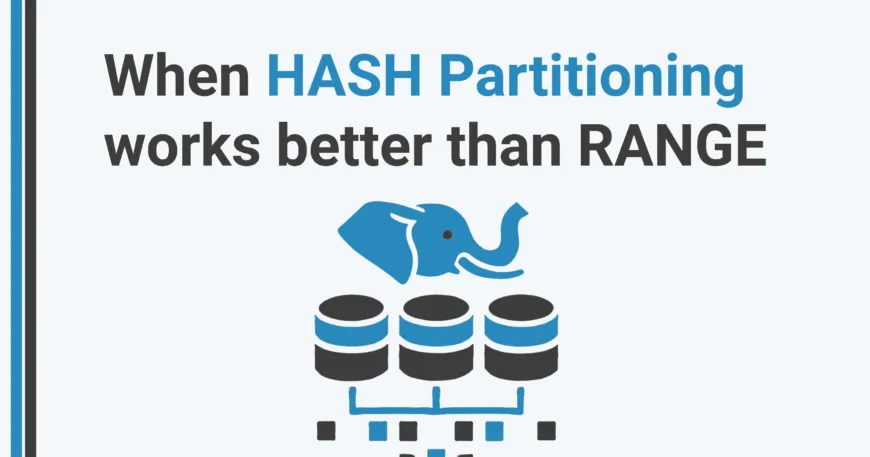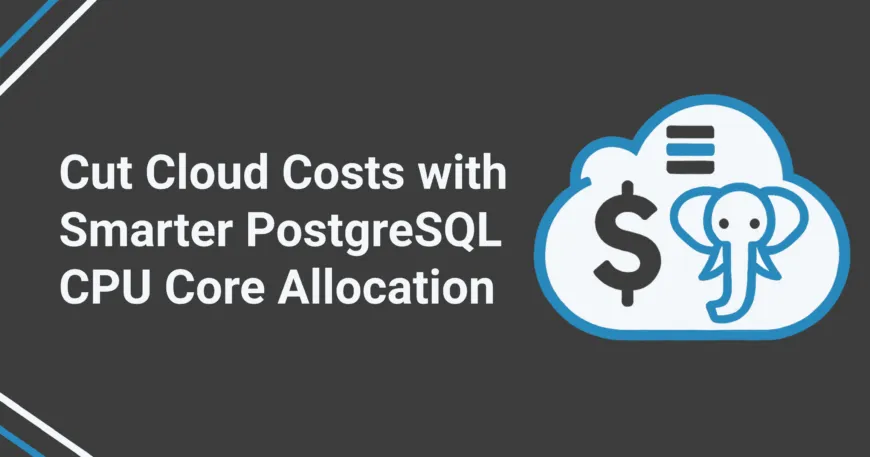When PostgreSQL performance slows down, here is where to look first
PostgreSQL is built to perform. However, as workloads increase and systems evolve, even the most robust setups can begin to show signs of strain. Whether you are scaling a product or supporting enterprise SLAs, performance slowdowns tend to surface when you least want them to.
If you are a technology leader overseeing a team of developers who manage PostgreSQL as part of a broader application stack, or you are responsible for uptime and customer satisfaction at scale, knowing where to look first can make all the difference.






